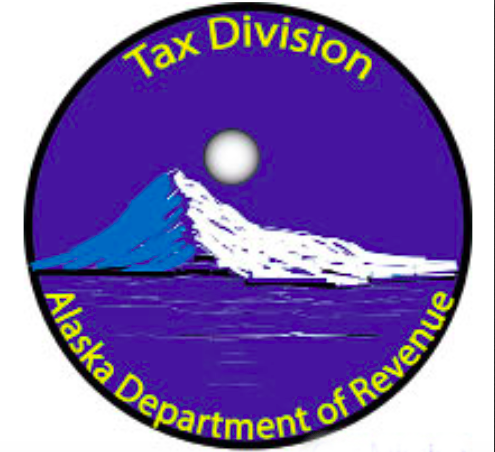The Alaska Chamber of Commerce has issued a strong letter of opposition to Senate Bill 113, warning state lawmakers of what it calls “harmful” and unclear provisions in the proposed tax legislation. The bill, version 34-LS0564\A, is designed to alter how Alaska apportions corporate income and to impose taxes on what it describes as “highly digitized businesses.”
In a letter addressed to members of the Alaska House of Representatives, Alaska Chamber President and CEO Kati Capozzi expressed concern over both the content of the bill and the legislative process behind it. According to the letter, the House Finance Committee moved SB113 forward without public testimony, which is highly unusual, especially for a bill with “an indeterminate fiscal note” and significant implications for the state’s tax structure.
The Chamber, which represents over 700 businesses employing 58,000 workers statewide, warned that the bill creates new burdens for companies operating in Alaska, especially those engaged in digital commerce. It could increase costs for both consumers and local businesses.
“In the sections addressing highly digitized commerce, the bill throws away the long-held tenets of apportionment when it comes to corporate income tax for some companies while appearing to exempt others,” the letter states.
The Chamber pointed to last-minute changes that exempt public utilities and telecommunications companies as evidence of the bill’s vague language and poor vetting.
While proponents of SB113 have suggested it targets large e-commerce corporations, the Chamber contends that the bill will have far-reaching consequences beyond its intended scope.
“This bill will have a significant impact on Alaska businesses and other major Alaska business partners who do a large portion of their business transactions online,” the letter reads.
Over 60% of vendors using the Amazon platform are small businesses. With the platform Etsy, 88% of Etsy sellers run their businesses by themselves, and only 5% hire helpers. Some 95% of Etsy sellers run their businesses from home, and 89% are sole proprietorships, both hallmarks of small businesses. Over 90% of eBay sellers are independent small business owners or individuals.
One of the most pressing concerns raised is the potential for the bill to drive up costs across the state. By imposing corporate income taxes on out-of-state businesses that deliver goods to Alaska — businesses which may now fall under Alaska’s jurisdiction under the proposed rules — the Chamber argues the law would effectively raise prices on consumer goods and services.
“To say this has no impact on Alaskans is untrue and disingenuous,” the Chamber said. “These businesses will pass on the increased tax to both Alaska consumers and Alaska businesses.”
SB113 remains under consideration by the Alaska House of Representatives following its passage in the Senate. An effort to table the bill on Monday failed by a significant margin, with many Republicans unwilling to table the controversial bill.
